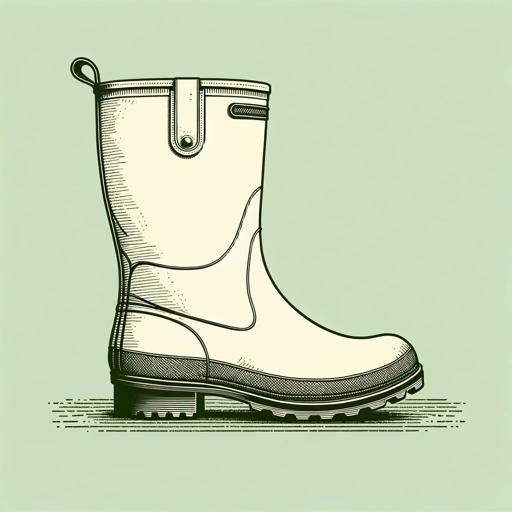39 pages • 1 hour read
James HerriotAll Creatures Great and Small
Nonfiction | Autobiography / Memoir | Adult | Published in 1972A modern alternative to SparkNotes and CliffsNotes, SuperSummary offers high-quality Study Guides with detailed chapter summaries and analysis of major themes, characters, and more.
Themes
Nostalgia and Optimism
Alf Wight began his veterinary career in 1940, during World War II, but when writing, he chose to send his alter-ego, James Herriot, into practice three years earlier in 1937. He intended to capture a pre-war vision of Yorkshire, displaying the people, their culture, and their language before the turmoil of war. And yet, though this nostalgic, pastoral approach shapes his work, Herriot also shows a strong belief in progress, particularly in the future of veterinary medicine. All Creatures Great and Small sees value in both the past and the future and shows how medicine becomes most effective by incorporating knowledge from the past and greeting new and effective advances with excitement.
The Dales, for Herriot, are particularly appealing because they serve as a time capsule for language and culture. He writes,
The higher up the country, the more I liked them. At the bottom of the valley, where it widened into the plain, the farmers were like farmers everywhere, but the people grew more interesting as the land heightened, and in the scattered hamlets and isolated farms near the bleak tops I found their characteristics most marked; their simplicity and dignity, their rugged independence and their hospitality (75).
He also evokes nostalgia for a farming life already lost, writing, “Agriculture was depressed by a decade of government neglect, the draught horse which had been the mainstay of the profession was fast disappearing” (16).

